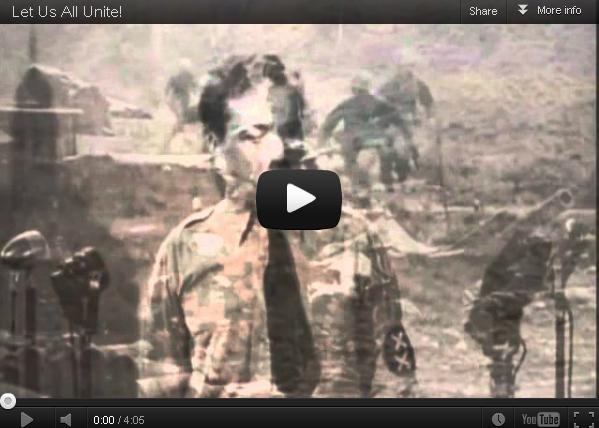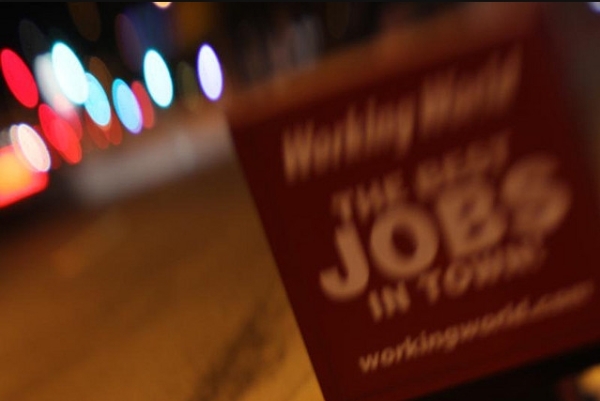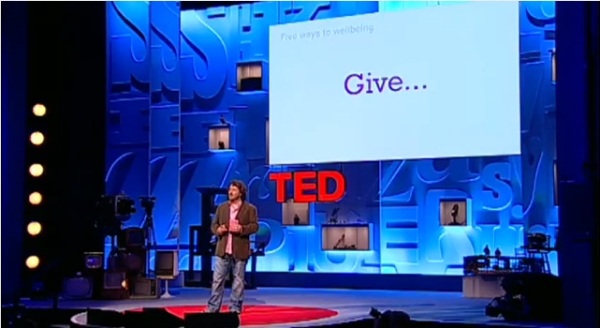


What Are The Consequences Of Ecological Overspending?
Since The 1970s Human Demand On Nature Is Larger Than Nature’s Renewable Production Today, we are using 20% more than what nature can regenerate. In other words, it would take a year and more than 2 months to regenerate everything that we use within one year. This difference is called the ‘ecological deficit,’ the difference of how much more rapidly we are using resources like forests, fish stock, putting carbon dioxide into the atmosphere, than nature is able to accommodate.” Mathis Wackernagel, PhD, Executive Director of the Global Footprint Network exemplifies what he calls an “ecological bank statement” in a video presentation, excerpted below, showing how humanity today is using more than what nature can regenerate. Ecological Bank Statement Shows Humanity’s Using More Than It Has If we look at this bank statement and say that we’re using more than what we have, is this good news or bad news? I would say it is good news in the sense that it gives us more information. And we still have choice. We can still just not open the bank statement and recycle the envelope, or we can look at it. But if we do spend too much money, we also know what the consequences are, so there is a kind of a feedback loop. In the same way we have to think about nature from a budgeting perspective, and say, ‘what are the consequences of overspending?’” Watch The Video [if the video is not embedded below, then you can watch it here] [3 min. 30 sec.]: 06 – Overshoot (Exceeding Ecological Limits) – GLOBAL FOOTPRINT NETWORK from WERI on...
Is A 20 Hour Work Week The Solution To Unemployment?
Are we just living to work, and working to earn, and earning to consume?” Anna Coote, analyst and writer, member of the New Economics Foundation (NEF) The Problem Britain is struggling to shrug off the credit crisis: Overworked parents are stricken with guilt about barely seeing their offspring, Carbon dioxide is belching into the atmosphere from Britain’s offices and homes, The UK has the longest working week of any major European economy, There’s a great disequilibrium between people who have got too much paid work, and those who have got too little or none.” A Solution Proposed By The New Economics Foundation If everyone worked fewer hours – say, 20 or so a week – there would be: More jobs to go around, Employees could spend more time with their families, and Energy-hungry excess consumption would be curbed.” What Do You Think? Is, as the NEF proposes, “work-sharing” and a “government legislated maximum working week” the solution to unemployment? Source for all the above quotations: The Guardian: Cut The Working Week To A Maximum Of 20 Hours, Urge Top Economists Image: “Tough Times” by Renee...
3 Tips For Your Child To Build A Powerful Brain
The concern with very young children is that, as human beings we have a competitive advantage over the rest of the animal world by the virtue of the fact that we are born with, essentially, a fetal brain. Our brain gets to develop in response to the environment in which it needs to function. So though we are helpless and completely dependent on our parents for survival at birth, we get to build an architecture that is most efficient for dealing with the world we live in. What we know about that is that 3 things seem to be very important to building very powerful brains: Bonding with other human beings: relating to mommy, interacting, developing relationships. Manipulating the physical environment: stacking up blocks or getting a cheerio into your mouth. Open-ended problem solving, creative type of plays: so a blank piece of paper and crayons, or a piece of clay, are very good.” Michael Rich, MD, MPH, Director for the Center of Media and Child Health, in the video below in this post How Young Is Too Young To Watch Television? discusses the highly influential role of media – television, books, movies, video games and music – in children’s development, health and behavior. Watch the video: Image: Child’s Eye by...
